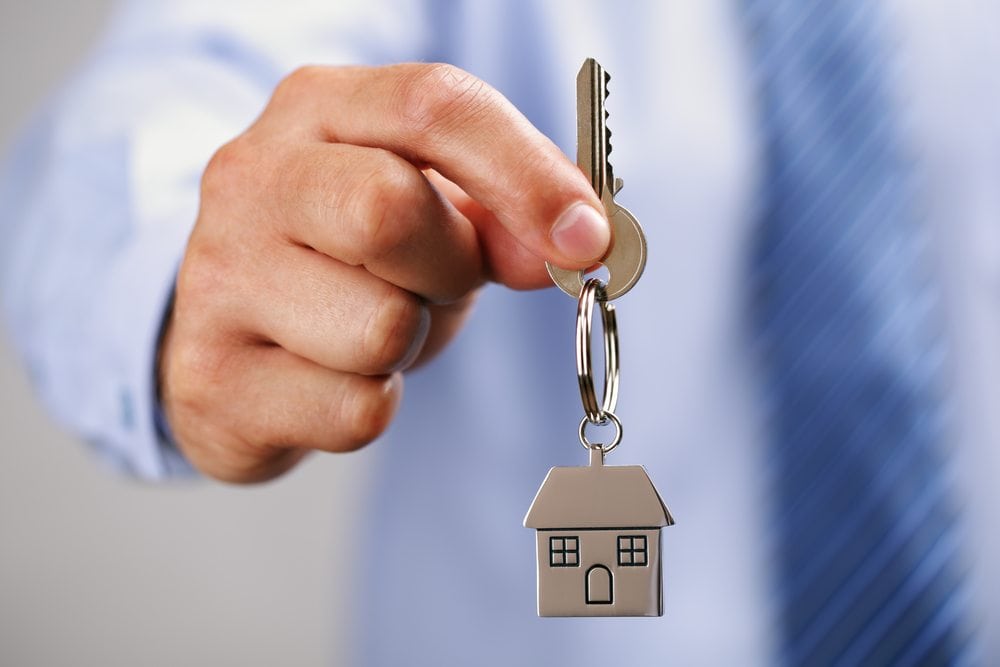A landlord’s responsibilities to a tenant’s vary based on the type of rental unit involved. If the landlord fails to hold up his or her responsibilities, this could lead to a legal claim brought forward by the tenant. Claiming lack of awareness is not an appropriate response for a landlord who is dealing with this kind of problem. A landlord should always have good legal representation to avoid these problems in the first place when it is possible. Keeping good records and communicating professionally with the tenants is the best way to avoid problems in the first place and to have a support system ready in the event that a problem emerges with a current tenant.
For a single-family home or a duplex, for example, the landlord must:
- Comply with any requirements of the housing, health and building codes, or
- When there not housing, health or building codes in place, maintain plumbing in a reasonably good condition and maintain windows, floors, roofs, screens, exterior walls, porches, steps, foundations and any other structural component in relatively good repair. This means they must be prepared to handle normal loads.
In writing, these landlord obligations can be altered regarding a duplex or a single-family dwelling. As it relates to an apartment, the landlord has other responsibilities, including;
- Complying with all housing, health and building codes; or
- Maintaining all of the above listed elements in good working condition as with single family homes, and the landlord must also make reasonable provisions for a tenant of an apartment involving safe and clean conditions of common areas, garbage disposal, locations and outside receptacles, functioning facilities for hot water, heat during winter and running water, locks and keys and extermination of wood destroying organisms, bed bugs, mice, ants, and rats.
The landlord, however, is not responsible, unless otherwise stipulated in the lease, to pay for fuel, garbage removal, utilities or water. In some situations, landlords do choose to carry this, but they should be included in the rent. If you have questions about your responsibilities as a Florida landlord, you need to schedule a consultation with an experienced attorney who can help you.

